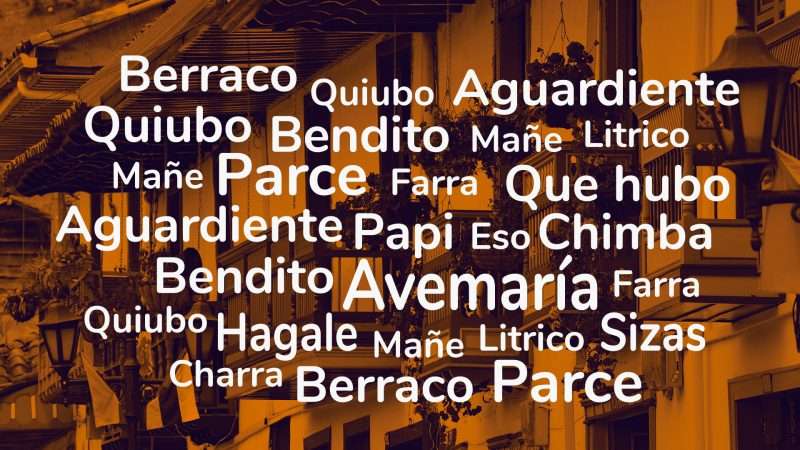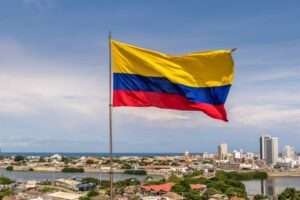We hope that our first Paisa vocabulary guide helped you and that you are having “una chimba” of time Medellín.
If you already read the first article, you should understand the expression. If not, it’s fine… we forgive you and we give you an opportunity to read it here.
You heard a lot of unknown
As we want you to feel at home, we will share with you the second part of this paisa dictionary with all the expressions you need for your survival in the city of eternal spring.
Achantar
It means feeling sorry or embarrassed for some reason.
For example: “Se achantó cuando le habló a esa nena”.

Antojar:Wanting something or wanting to do something. Example: “Parce, me antoje de una empanada.“

Azarar
It means being frighten or feeling anxiety or fear. It can also be used to try to make someone to speed up what they are doing.
For Example:
-”¿Vamos al clásico (DIM vs NAC)?”
-”De una, ¡no azara!” o “Azare a su amigo para que nos venga a recoger pues”

Asao
No, we don’t specifically refer to a “BBQ” with meat and everything else. However, Asao makes a slight reference to that. Indeed, it is a word for someone who is cocky or gets annoyed very easily.
For example: ¡¡Eso no era penalti!!”
-”Vean a este asao’ calmado pues”.
Cascar
This word means hitting someone.
For example: “Déjelo ir, no ve que si no llega temprano a la casa lo casca la novia”.
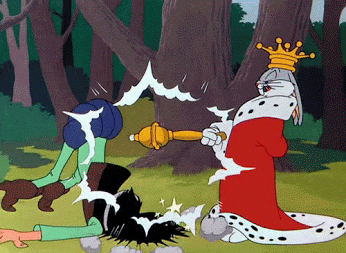
Chirrete
It is used to refer to a drug addict who is at the same time rude, badly dressed and who speaks rudely, with no manners. It usually refers to the ones that rob you.
For example: ”Parce, guarde ese celular que ahí viene un chirrete”

Chichipato
A Chichipato is a stingy, miserly person who does not like to spend his money under any circumstance. Moreover, the word can be used to refer to the low quality of something.
For example: ”¡Qué camiseta tan chichipata, ya se estiró toda!”
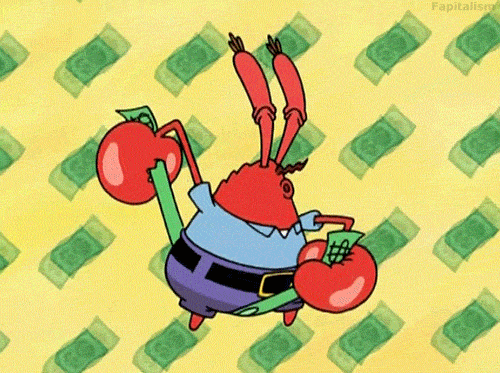
Cruce
Cruce is a business, some kind of arrangement or a favor.
For example: “Hágame el cruce con la mona bonita y yo le presto el carro”

Cucha/o
This word refers to parents.
For example:”Me voy de vacaciones con los cuchos en diciembre”.
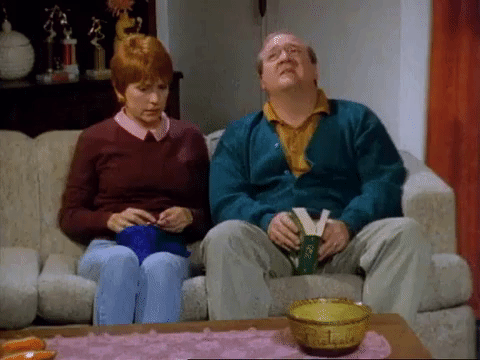
Lucas (lukas, lks)
Word that is used to measure money. Una luca = 1.000 COP.
For example: ”Un taxi al Parque Lleras sale en 15 lukas”

Peye
Ordinary and tacky person or thing.
For example: -”¡Qué peye la actitud de ese señor! “
-“Igual que su camisa”

Visaje
Dar Visaje means drawing attention, overreacting, raising suspicion.
For example: “No sea visajoso que le van a salir robando ese computador”


Ponerse las pilas
This phrase means encouraging yourself, gaining agility.
For example: “Póngase las pilas con esa tesis para que se gradúe este semestre”

Dar papaya
Dar papaya is one of the most famous paisa phrases. It means putting yourself in a position where you get vulnerable, easily accessible, exposed. In other words, you give papaya when you walk down the street with your expensive cell phone in your hand. Equally, you give papaya when you walk home alone late at night after a party.
You don’t want to be like this? Get some safety tips here. His denial, which is “No dar papaya”, is the ultimate Colombian commandment to stay safe.

Camello
Refers to the employment or work and also to say that something is difficult to carry out.
For example: “Escribir ese ensayo fue todo un camello”

Gamín
Street dweller, usually a drug addict. The word equals to someone without manners.
For example: “Qué gaminería la de ese tipo”
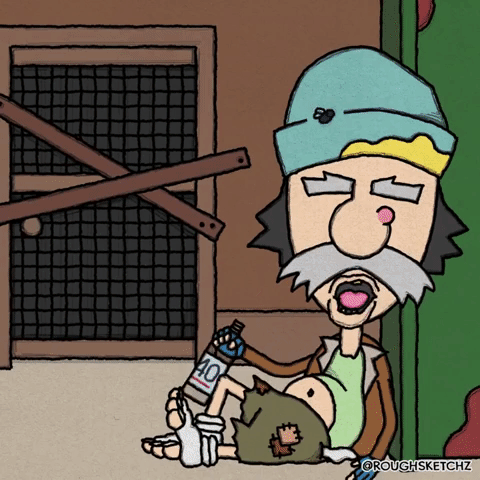
Hacer una vuelta
It refers to the action of doing a favor, or carrying out an order, something pending. But be aware, it has a negative connotation as well. “Hacerle la vuelta a alguien” which means murder, rape or attempt against a person and also can have a sexual connotation whose meaning would be: “have sex with a certain person.”
Everything depends on the context in which it is used.

De una/ de one / D1
Immediately, also used as an affirmative expression.
For example: -“Vamonos de finca en mi cumpleaños”. -”¡De una!”

Güevón
synonymous with “bobo”. It refers to a slow, stupid person. It can result in “agüevado”
For example: -”Parce, se me perdió la plata” – “¡Este es mucho güevón!”

Paila
It has two meanings. Firstly, it can be the object used to fry the food and the second to something that was very bad.
For example: “ya perdió el año, paila”

Good luck with the second part, we wish it helped!



